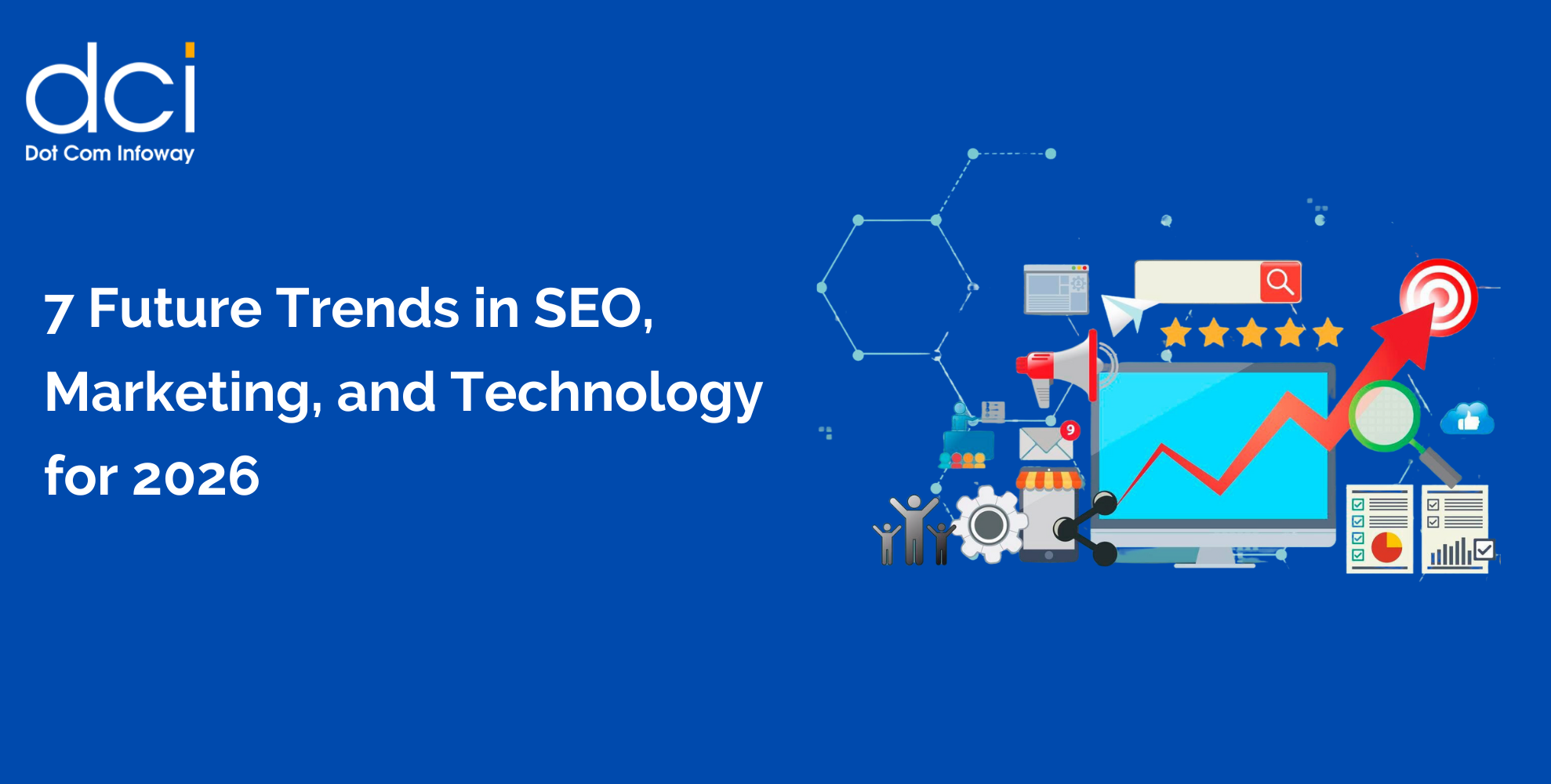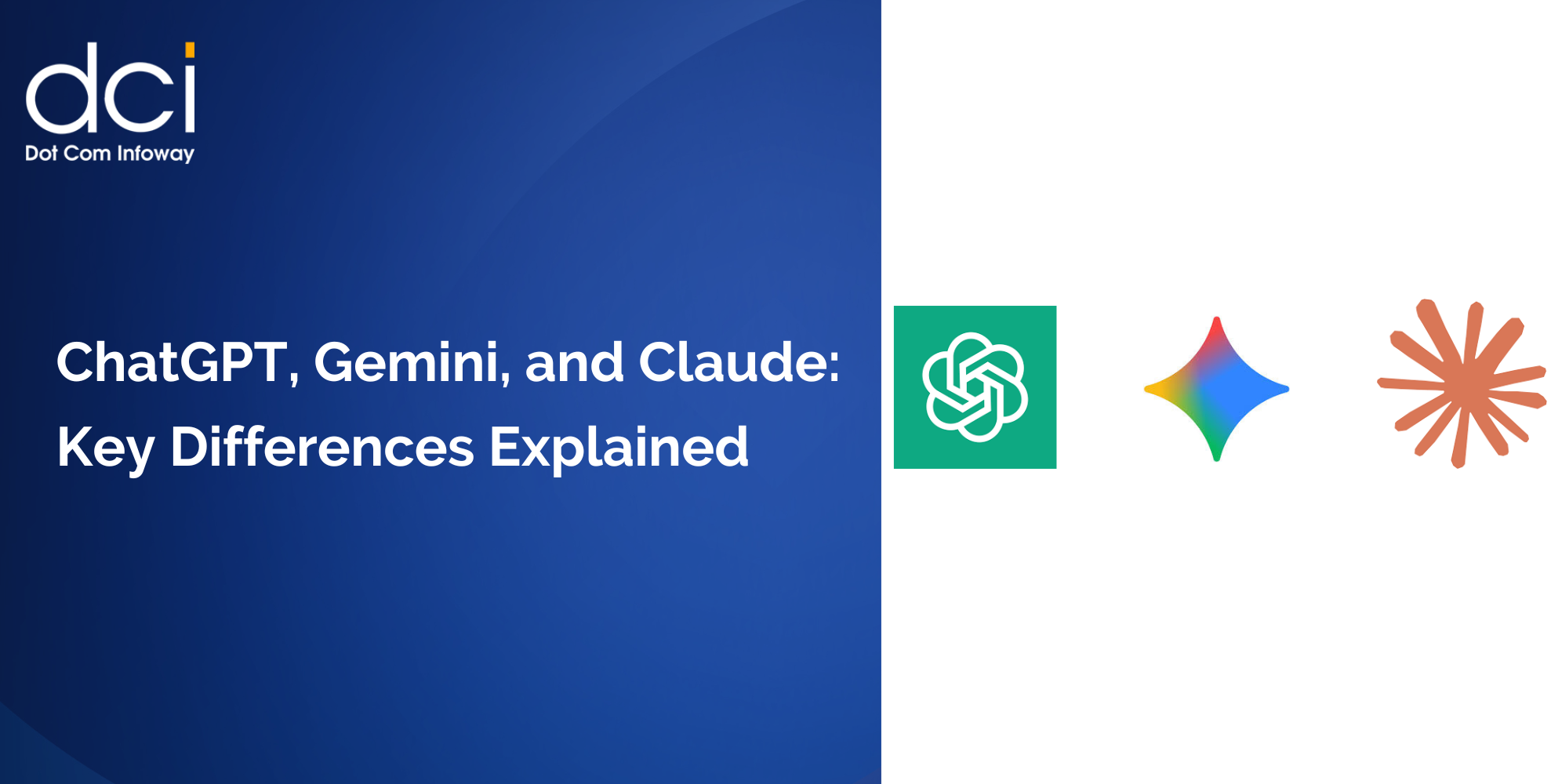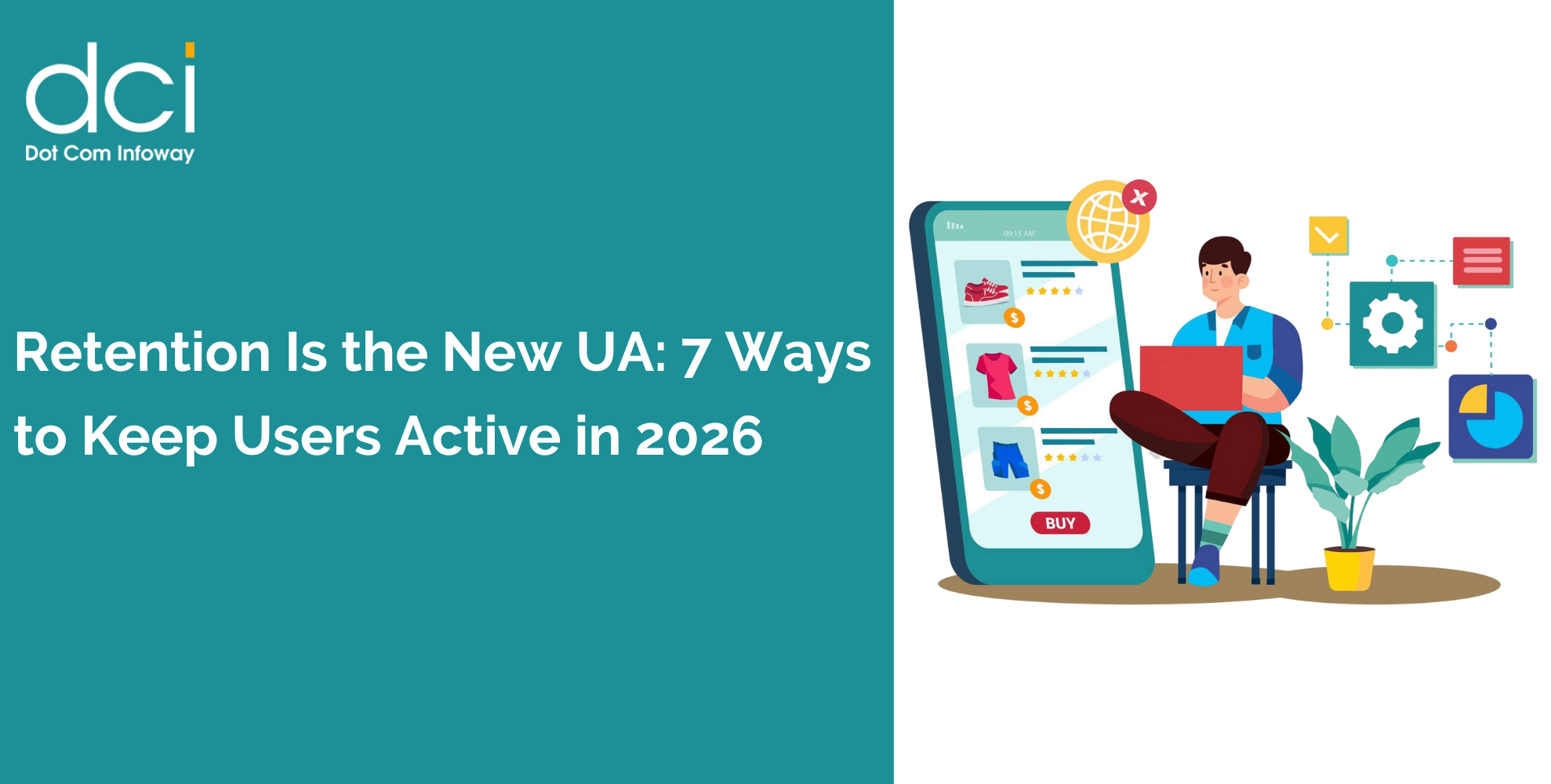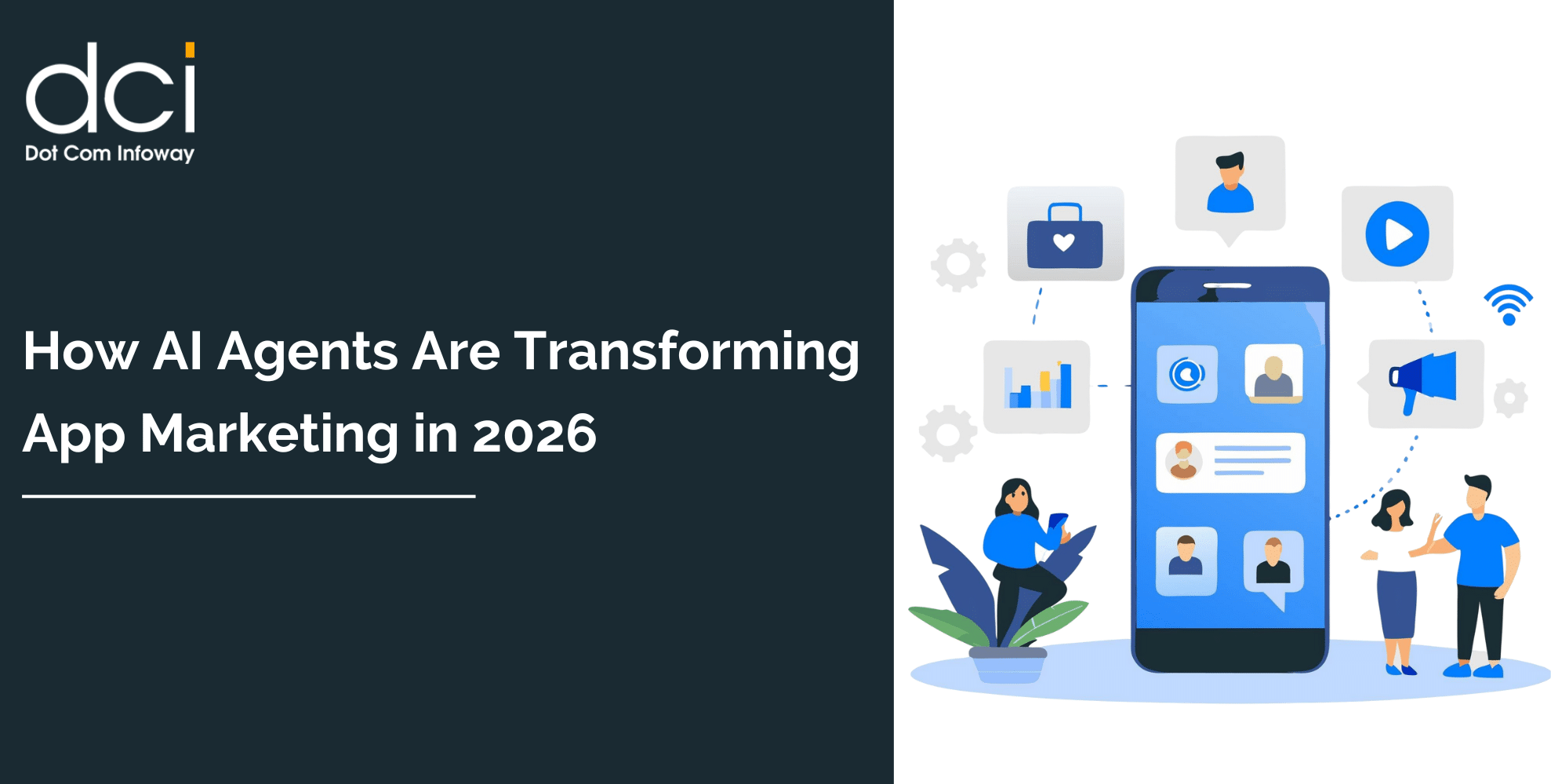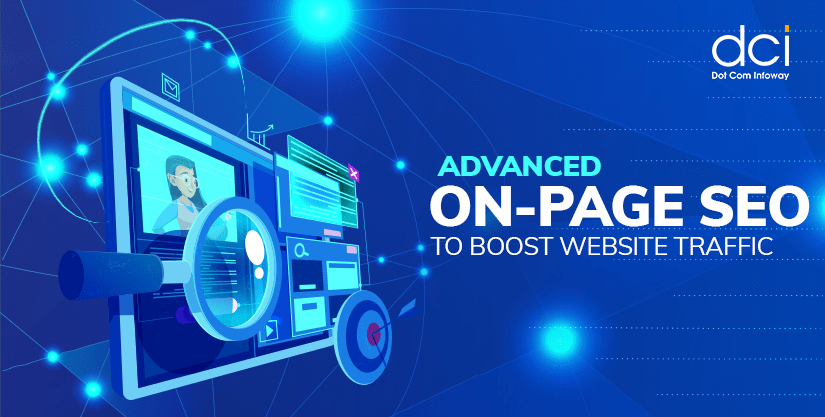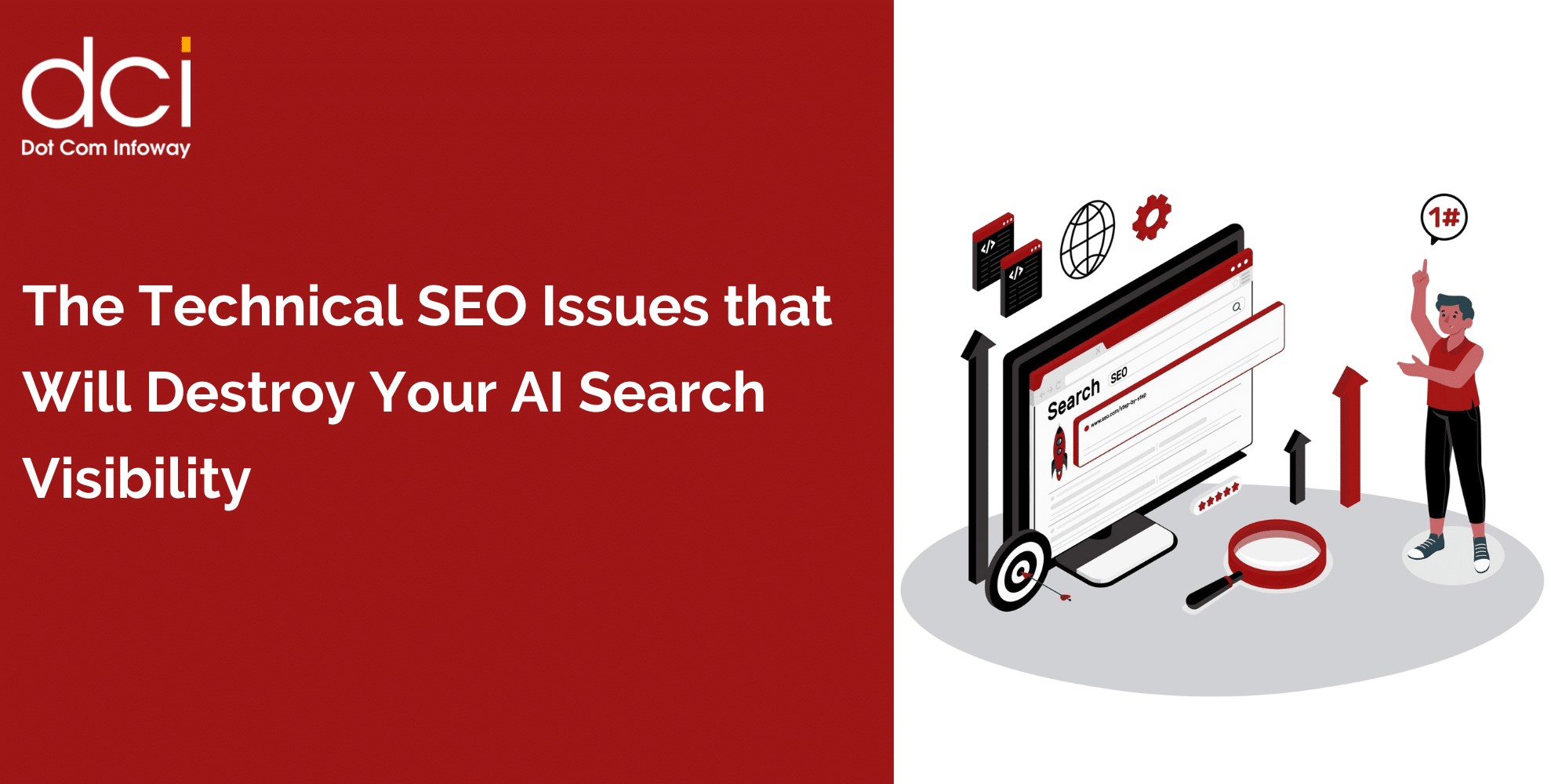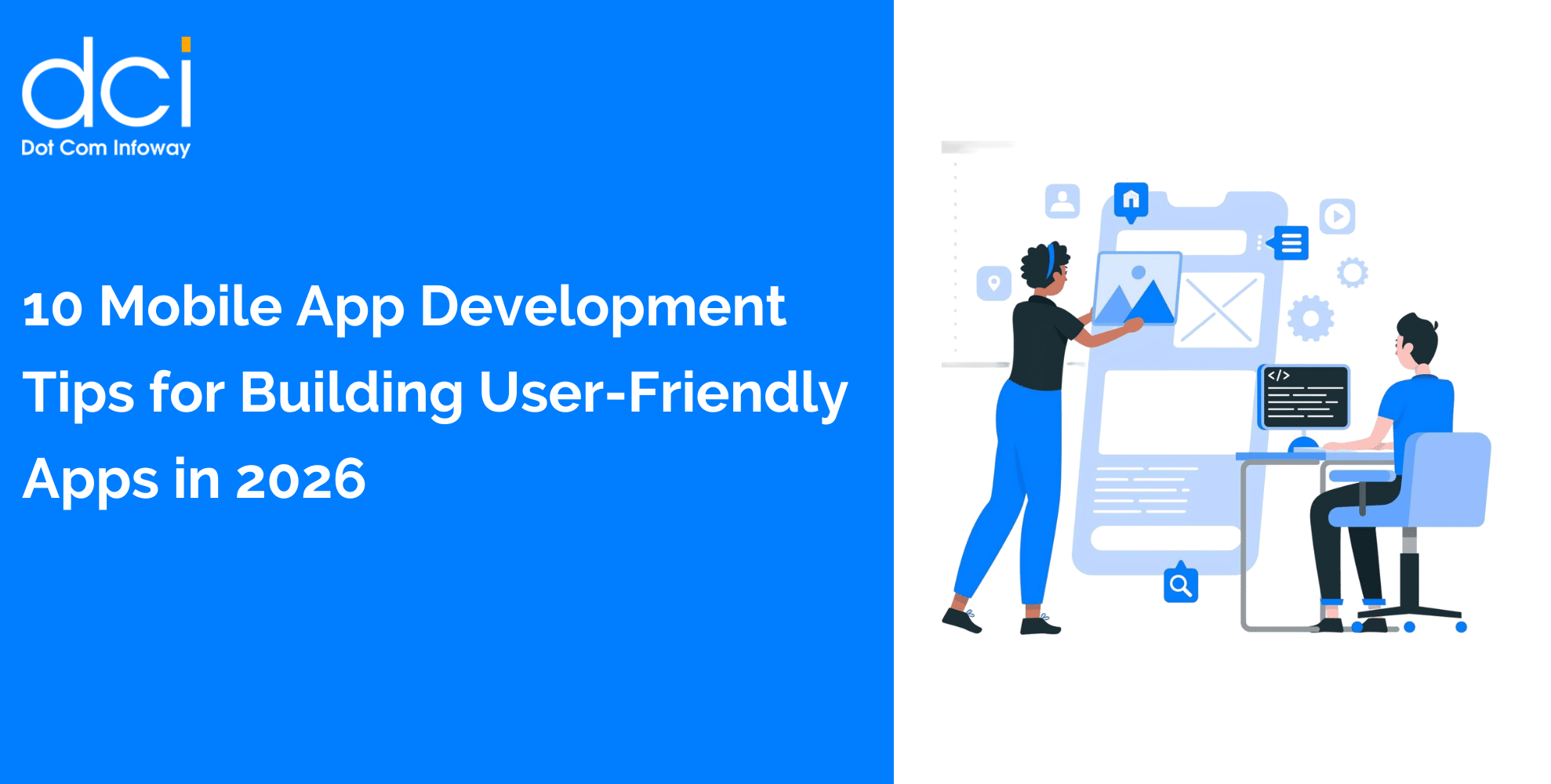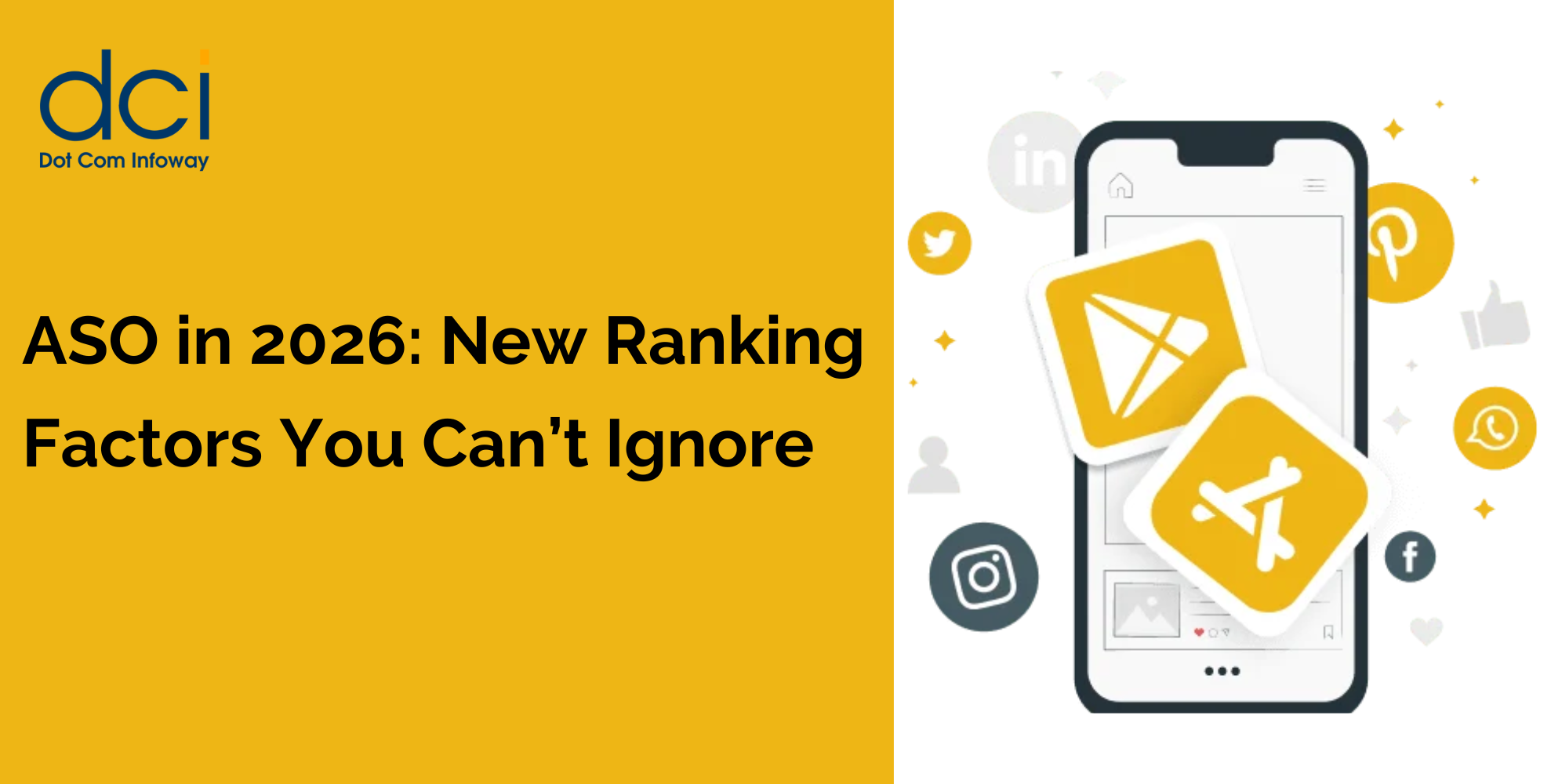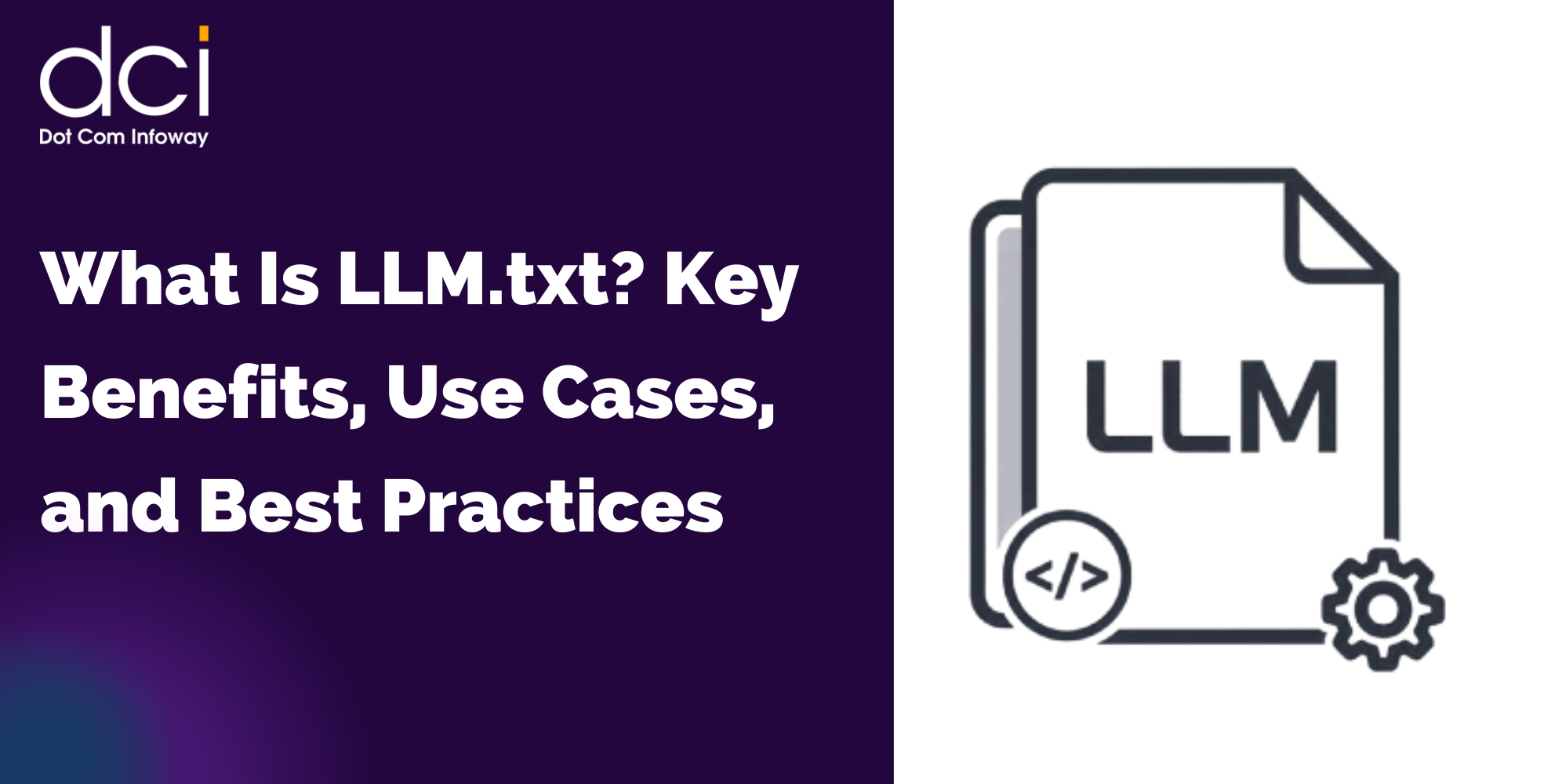How LLM Services Enhance Decision-Making
Data overload is a real problem in 2025. With more information generated every second, executives often struggle to sift through the noise. This is where LLM services shine. They can summarize reports, generate insights from raw data, and even simulate potential outcomes based on current trends. These capabilities empower business leaders to make faster, data-backed decisions without drowning in spreadsheets or complex dashboards.
In finance, for instance, LLMs can comb through financial reports, identify anomalies, and highlight areas of concern. In marketing, they can analyze campaign performance and suggest improvements. The ability to convert complex data into digestible narratives turns decision-makers into action-takers.
Overcoming Challenges with LLM Services
While the benefits are compelling, LLM services aren’t without their challenges. Issues such as data privacy, ethical concerns, and the need for continuous model training can present roadblocks. However, in 2025, significant strides have been made in responsible AI. Regulations now guide the ethical use of LLMs, while businesses are adopting secure, on-premise solutions or using APIs with robust compliance protocols.
Moreover, the market now offers AI governance tools that ensure transparency, traceability, and fairness in automated decision-making. Companies that embrace these best practices find themselves ahead of the curve not just in technology but also in building trust with customers and stakeholders.
Building Custom LLM Services for Your Business
While off-the-shelf LLM tools are great, many businesses in 2025 are creating customized solutions tailored to their workflows. This involves fine-tuning models with industry-specific data to ensure contextual accuracy and relevance. For instance, a law firm might train an LLM to interpret legal jargon, while a healthcare provider could build one that understands medical terminologies and privacy laws.
Thanks to open-source frameworks and cloud platforms, creating bespoke LLM services is no longer reserved for tech giants. Mid-sized businesses are joining the fray with hybrid teams of domain experts and machine learning engineers collaborating to create AI solutions that fit like a glove.
LLM Services and the Customer Experience Evolution
Customer expectations have evolved. In 2025, it’s no longer enough to answer questions; businesses must anticipate needs and personalize every touchpoint. Advanced AI systems enable this level of engagement by learning from past interactions and adapting responses based on tone, urgency, and context.
Whether it’s offering dynamic product recommendations, resolving queries instantly, or writing follow-up emails automatically, LLMs are helping businesses deliver a proactive customer experience. And as personalization becomes a key differentiator, companies leveraging LLM services find themselves in pole position.
Conclusion
It’s crystal clear LLM services are not just a tech trend; they are a strategic business asset. Companies that fail to integrate these tools risk falling behind in a marketplace that prizes speed, intelligence, and personalization. From streamlining operations to empowering teams with real-time insights, the value LLM services deliver is simply too significant to ignore.
So, whether you’re a startup founder, a C-suite executive, or a curious innovator, 2025 is the year to embrace the power of LLM services and build the intelligent business of tomorrow today.

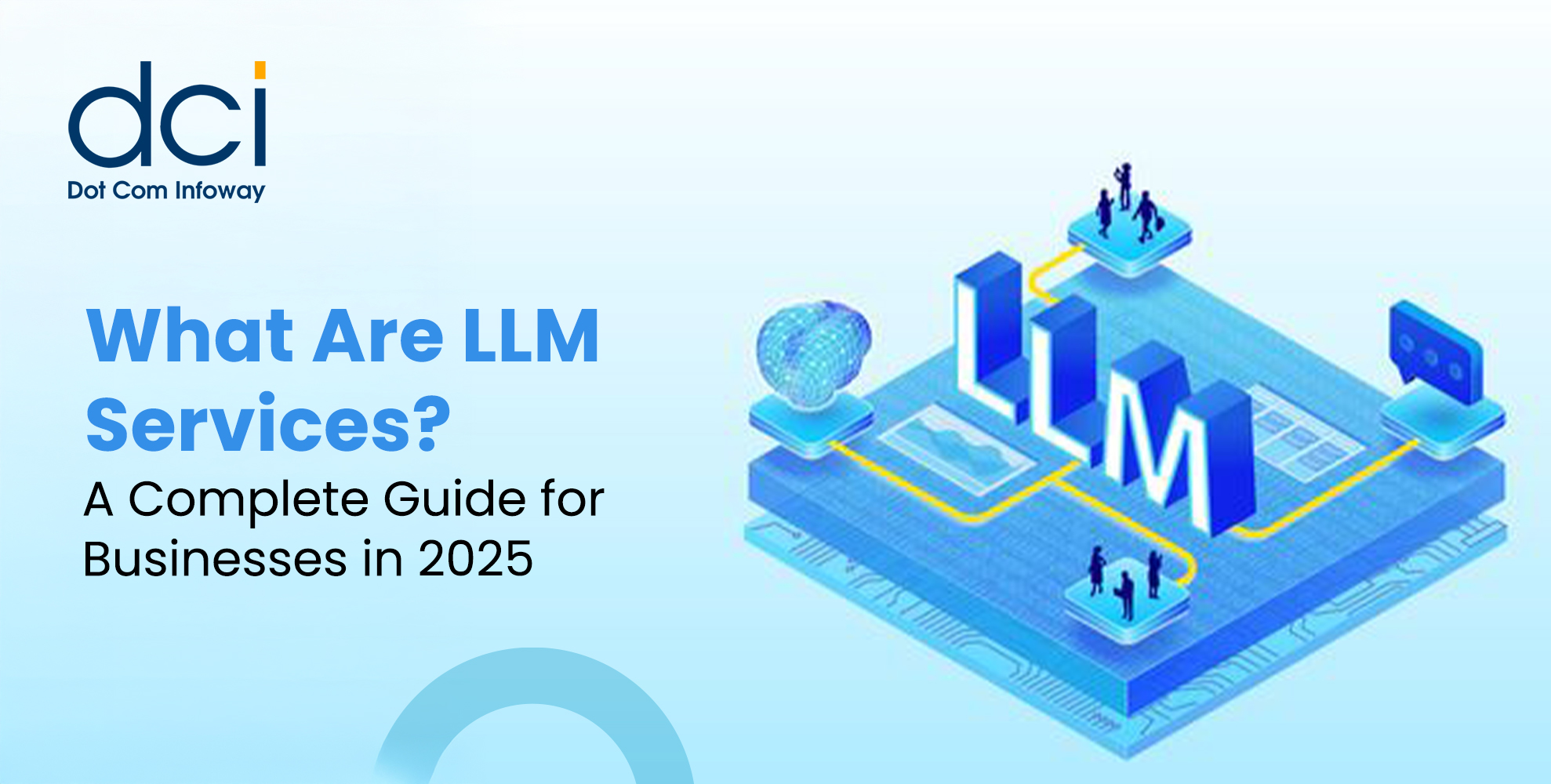





![The Game Marketing Guide: Pre and Post-Launch Strategies [Infographic]](https://www.dotcominfoway.com/wp-content/uploads/2023/09/DCI-Game-Marketing-blog-1.jpg)
